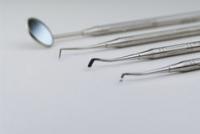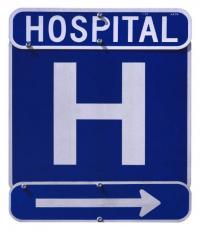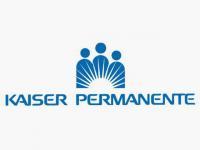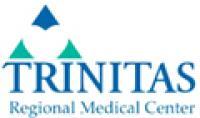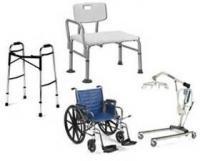A settlement has been reached in a whistleblower class action lawsuit brought against Atricure Inc who is accused of submitting false and fraudulent claims for Medicare reimbursement.
The whistleblower that filed this lawsuit will receive a total of $625,000.
The case was originally filed in 2007. The United States alleged that Atricure marketed its medical devices to treat atrial fibrillation (the most common cardiac arrhythmia or abnormal heart rhythm), a use that is not approved by the U.S. Food and Drug Administration (FDA). Atricure also allegedly promoted expensive heart surgery using the company’s devices when less invasive alternatives were appropriate, advised hospitals to up-code surgical procedures using the company’s devices to inflate Medicare reimbursement, and paid kickbacks to health care providers to use its devices. The United States asserted that by engaging in this conduct, Atricure knowingly violated the Food, Drug, and Cosmetic Act and caused the submission of false and fraudulent claims in violation of the False Claims Act.



